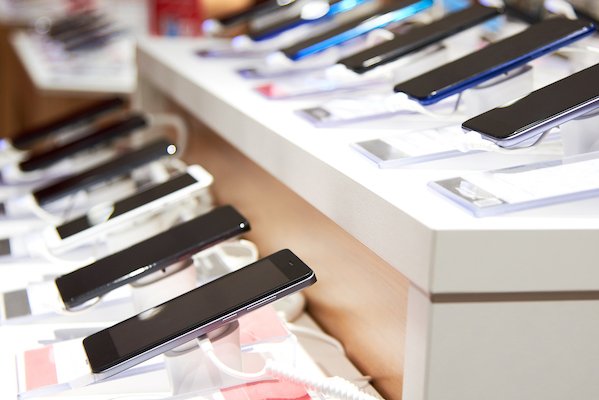FCC Orders Google to Pay $9.4 Million in Misleading Advertising Fines
FCC Rules Against Google and iHeartMedia for Deceptive Ads Campaigns Involving Pixel 4 Phone
Earlier this year, Google was hit again with big fines after it was determined they were behind a number of allegedly misleading and deceptive ads for the Google Pixel 4 phone. The ads, which aired from 2019-2020, relied on heavy endorsement by iHeartMedia radio personalities tailored to appeal to their respective markets.
Deceptive Ads for Google Pixel 4 From iHeartMedia “Endorsements”?
While it is not uncommon for media personalities to receive products free of charge, in exchange for reviews, the Federal Communications Commission (“FCC”) took issue with Google when it determined that Google had never given the iHeartMedia radio personalities Google Pixel 4 phones. Instead, the media personalities were paid to repeat specific Google-approved reviews and endorsements that raved about the phone. Many of the scripts given to the iHeartMedia personalities had them claiming that the Pixel 4 was their “favorite phone.”
In handing down the fines, the FCC noted that consumers were more likely to rely on reviews they believed came from genuine first-hand experiences. While the radio often plays ads, these paid-for reviews were also separate enough from such ads that it would appear they were genuine endorsements. Moreover, the FCC noted that consumers expected truth and transparency when it came to such advertising on the radio.
FCC Ruling on Google and iHeartMedia Deceptive Ads
Although $9.4 million in fines seemed significant on its face, it is still a drop in the bucket for Google. While Google is now forbidden from misrepresenting their products in a similar vein, it is unclear how impactful the deceptive ad campaign was when it came to increase in number of Pixel 4 phones sold.
iHeartMedia is similarly prohibited from similar misrepresentation. The FCC also ruled that Google and iHeartMedia would be required to report to the Federal Trade Commission regarding compliance of state and federal advertising laws going forward.
Key Takeaways on FCC Ruling Against Google and iHeartMedia Deceptive Ads
The FCC fined Google and iHeartMedia over ads about the Pixel 4 phone because:
They determined that the ads run by Google and iHeartMedia from 2019-2020 for the Pixel 4 phone was deceptive;
Google provided preapproved scripts to iHeartMedia personalities to endorse products that were never reviewed or used by the endorsers; and
The ads violated state and federal advertising laws on the grounds that they were deceptive and misleading.
For more information about false advertising litigation services, see our IP Litigation and Industry Focused Legal Solutions pages.

